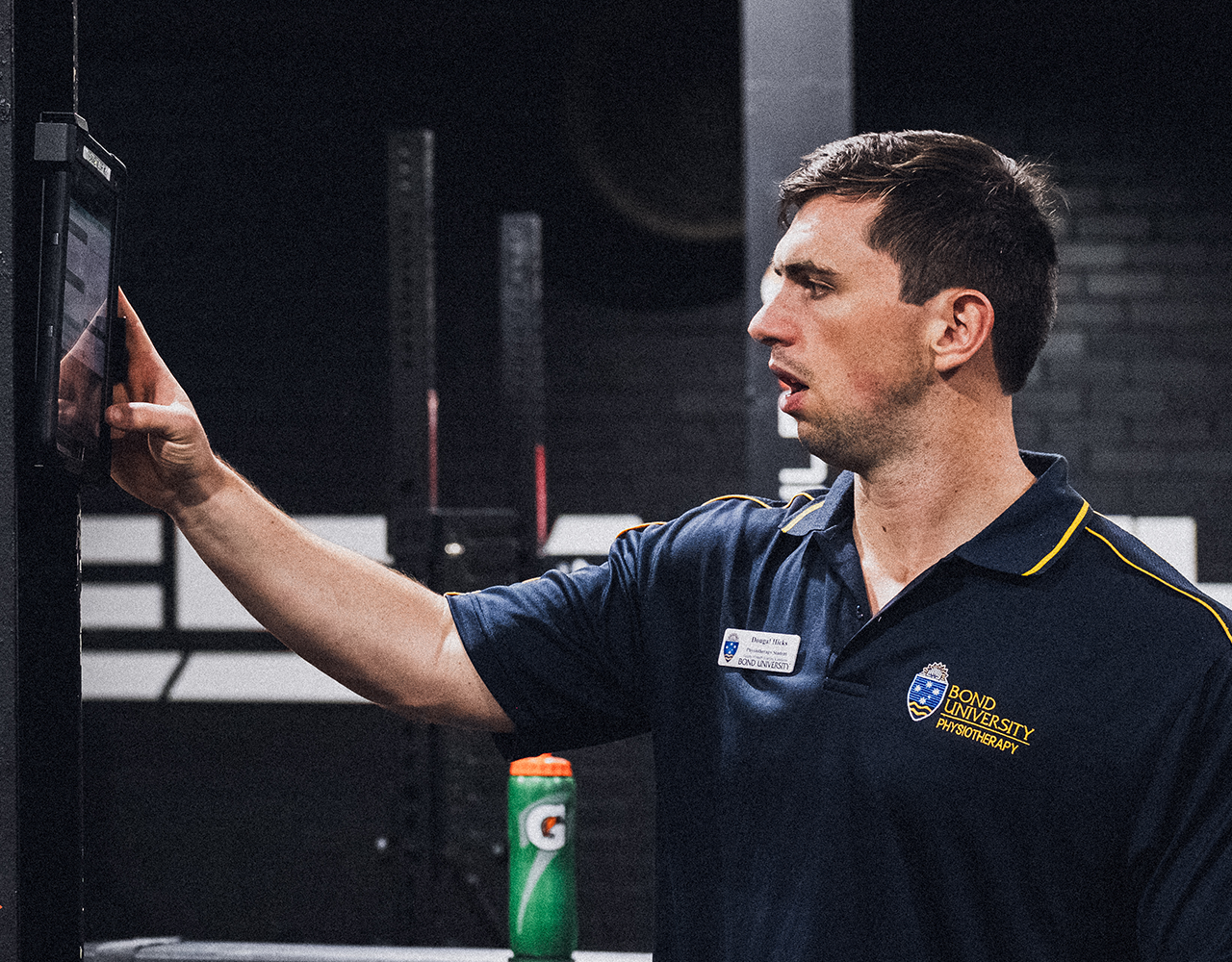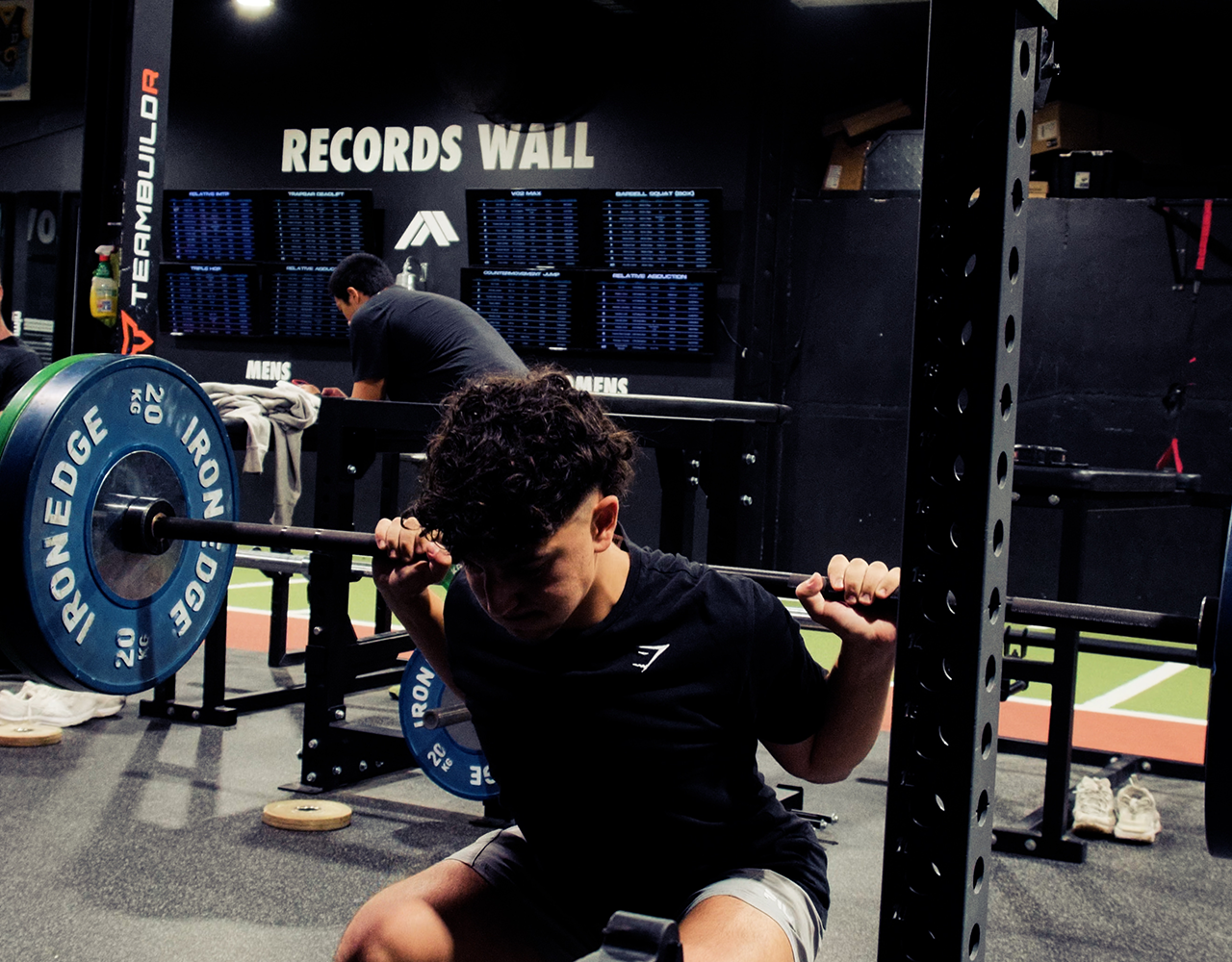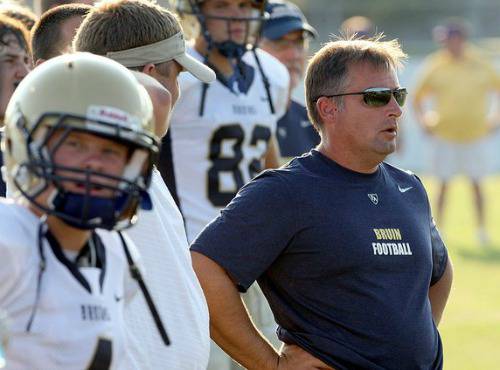Earning Respect With Athletes and Coaches
A positive and fearless leader. One who builds relationships, and sustains those relationships for the quality of life, and sanctity of coaches and athletes. These are just a couple of areas that a good strength coach should indeed already have, or be looking to improve upon. I have had the privilege of working for and with, some of the best strength coaches in the business, from the college sector to the high school level. By best, I mean the types of people that they are, who have the best interest of the athletes they train, and look for a long-term friendship and relationship that can be sustained throughout a lifetime.
Too often in the saturated field of strength and conditioning, all I see and hear about is ‘who you know’ rather than ‘what you know’. Although this may be true to a certain degree, getting all you can get out of a career, is more than a program, a logo, or a row of championship rings. My ultimate goal in this lifetime, is to be remembered as a good person, who cared for everyone, and made the ultimate sacrifice in teaching athletes lifelong fitness skills, that they can remember for a lifetime of happiness and longevity.
It doesn’t matter at the end of it all, what program you spend countless hours on, or how many PR’s or maxes an athlete had in a year, but what kind of relationships were built in the process, and whether or not they were positive or negative. Yet, here’s a question for strength coaches out there, are you able to move on to a different job or opportunity in the field of strength and conditioning, and are able to call a previous coach or boss because of a good relationship? We can only get so much advice from a book or an article. Talking with people face to face, and getting to know them as people, will only enable for strength coaches and sports coaches to learn about each other’s philosophies. The ultimate earning of respect of sports coaches and athletes alike is getting them to know that positive relationships and trust both need to be built on a solid platform. I would like to credit Grant Stewart, who is the Head Strength coach here at Mullen High School, and who is ideally responsible for the transformation of our sports performance program. “Build on Rock”, is what he came to me with a couple of weeks ago, and explained to me about building on a solid foundation with high school athletes. I instantly loved it. A house, for example, needs to have a sturdy foundation, in order for the framing and the other inclusives to be solid and last for a VERY long time. If you tried to build a house on sand as fast as you could, chances are that over time, you will have to do major rehab, and possibly, start from scratch with a bulldozer. Let's build programs and relationships on SOLID foundations by exploring some of the most important strength and conditioning coach responsibilities!
Consistency
Consistency is one of the most important strength and conditioning coach skills. Stand your ground with your program, especially when working with high school athletes. Many athletes at this present day in age, look to get into college programs, where they can again, participate in sports. Strength and conditioning is always progressing and finding ways to meet needs of athletes, and the proper build of a program should meet the minimum dose requirement needed for athlete success and the prevention of injuries. A good strength coach doesn’t need to have a program that changes all the time, but rather has a consistent way of measuring strength, power, and progression within the program. There’s a big difference between a workout that gets written on a whiteboard on a daily basis, with no way of tracking data or progress for that matter, and a 12-week program with a plan to build movement mechanics and strength behind it.
Gold Standard
The gold standard in my philosophy from a coaching standpoint is movement. This goes back to the foundation that needs to be built on rock, not sand. Biomechanically, the human body moves very similar in regards to sprinting and changing directions in sports. If a sport coach looks for their athletes to obtain proper movement mechanics within their sport during practice or competition, then the same standard needs to be set for the weight room, and what movements are being implemented. For example, a set of 10 back squats with a heavy load and poor technique, will enable the body to get used to moving in this fashion, leading to poor mechanics on the field of play. You have to have one to have the other to be successful, and more importantly, be resilient to injury and hopefully prevent it, and proper movement mechanics are the gold standard in my opinion, for this reason. I wouldn’t ask a football athlete to play quarterback for a random game, without practicing the mechanics, reads, and footwork it takes to perform the position, just as I wouldn’t expect a brand new high school freshman, to come in and squat a max his first day in the weight room. Learning skills takes time, they take patience, and they take hard work and determination to improve.
There is no “End all Do all’ in the field of strength and conditioning if anyone ever figures that out, then the field is done. I will accept to be a forever student of this field, because I enjoy learning new ways and methods in order to not only train athletes and work with sports coaches, but to build relationships that will hopefully last a lifetime down the road when its all said and done. A good strength coach does what is right by the athletes, and looks to build relationships, and progress within the field for the entirety of a career.
Subscribe to our blog
Subscribe to receive the latest blog posts to your inbox every week.
Related posts

What to Look For in a Valuable Employee

What is Coaching?


